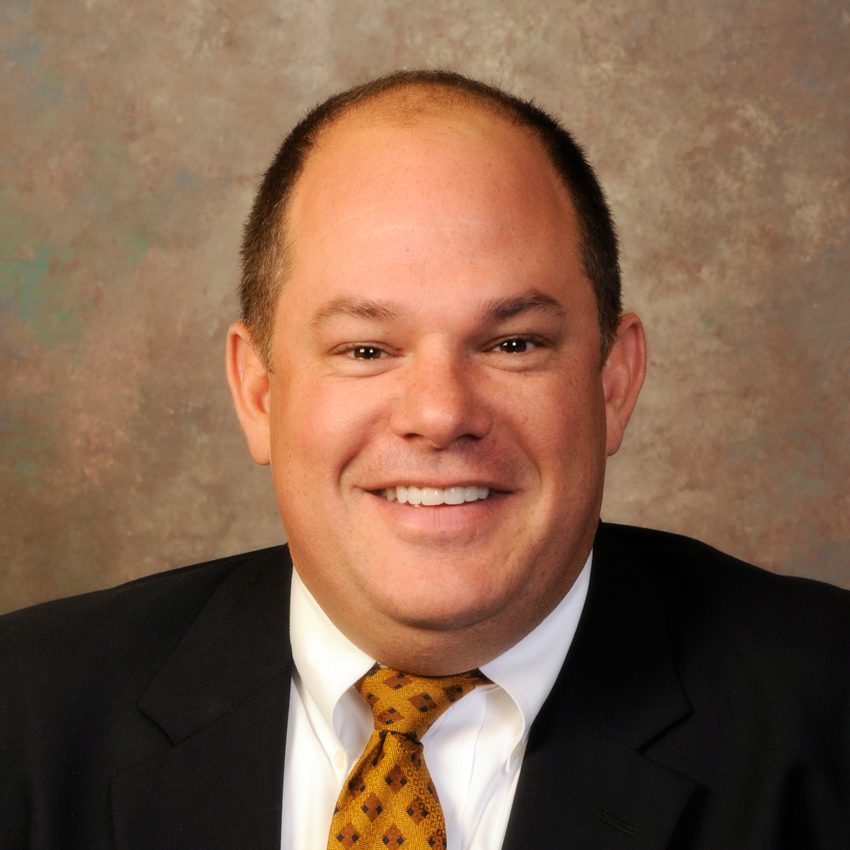
ATHLETIC TRAINING – CLINICAL EDUCATION
Jeff Schneider, MS, ATC, CSCS
Clinical Education Coordinator
Fred Rust Ice Arena, Rm 116
Newark, DE 19716

The clinical education component at UD has been developed to provide a logical and realistic progression for the student through the 2-year MS-AT degree program. This process involves carefully integrating didactic and laboratory experiences with the appropriate clinical skills necessary for the student to perform in an acceptable manner at their assigned clinical site. The entire process is guided by the rules set forth in the Uniform Grading Policy document, which can be found on the UD ATEP shared Google Drive site. Reinforcement of knowledge and skills learned from previous semester coursework, laboratory sessions, Practicum classes, and field experiences serve as the starting point for each subsequent clinical rotation.
This process of “learning over time” helps the student synthesize the necessary clinical proficiencies in such a manner that at the completion of their educational tenure in the ATEP they feel competent enough to function in an entry-level capacity. Field experiences are also carefully planned and progress in a logical manner. First-time clinical experiences occur at University of Delaware clinical sites and involve intercollegiate athletics, as well as intramural and recreational sport activities. The intent of doing this is to marginalize any performance anxiety these students might have in being thrust into the clinical environment and carefully monitor their inclusion into the clinical education process. Inexperienced students will have better opportunities to gain confidence, become familiar with a variety of injury scenarios, and actively engage in the thought process. This will provide students with the interaction and repetition necessary to cultivate good information processing and clinical decision-making skills for future clinical assignments.
The interscholastic (high school) clinical experience, where students have opportunities to work in an environment involving male and female athletes in a variety of sports, traditionally happens during either the 2nd or 4th rotation assignment. Additionally, this environment provides the students with an appreciation of performing athletic training duties in a setting where budget restrictions may limit the availability of certain equipment items that are readily available at the intercollegiate and clinic sites. The students’ ability to be flexible and improvise can prove very beneficial at these sites.
Off-campus clinic field experiences supplemented with our General Medical rotation usually occur during the summer of the 2nd year after the student has gained sufficient instruction in injury assessment, rehabilitation and therapeutic modalities. Such skills are pre-requisite for most clinic environments where students may be exposed to a variety of injury conditions involving diverse populations. The culmination of the student’s clinical experience involves a “full immersion” semester beginning as early as January of their final semester at a clinical site of their own choosing. Students in this role are called upon to gain a better understanding of the affective components of the clinical education process and hone their skills in an effective manner working side by side with qualified health care professionals. Students at this level of assignment possess the maturity, time management skills, and responsible nature to be successful. In most cases athletic training students at this level are working to get their Clinical Integrated Proficiencies (CIP) completed. All of UD’s preceptors are appropriately trained to function in a manner that upholds the quality and integrity associated with the UD ATEP educational mission and learning objectives.
UD’s Clinical Education experience involves a variety of clinical settings, including:
- Appoquinimink High School
- Caravel Academy
- Charter School of Wilmington
- Paul M. Hodgson High School
- Middletown High School
- Newark Charter School
- Newark High School
- Salesianum High School
- The Sanford School
- St. Andrew's School
- St. George’s Technical High School
- St. Mark's High School
- Tower Hill School
- Wilmington Christian School
- Wilmington Friends School
- Christiana Care Health System
- Hockessin (Dr. Steven Kushner- (302) 623-5770)
- Primary Care at Linden Hill (Lauren Foy, DO- (302) 838-4750)
- Dr. Adam Rudnick
- Dr. Shannon Pan
- Newark- Darwin Dr. (Dr. Bijan Sorouri – (302) 453-9171)
- Funk Family Practice
- Dr. William Funk- (302) 731-0900
- GoCare at Abby Medical
- West Side Family Health (Dr. Adrian Wilson) adrian.wilson@westsidehealth.org
- Newark Emergency Center

